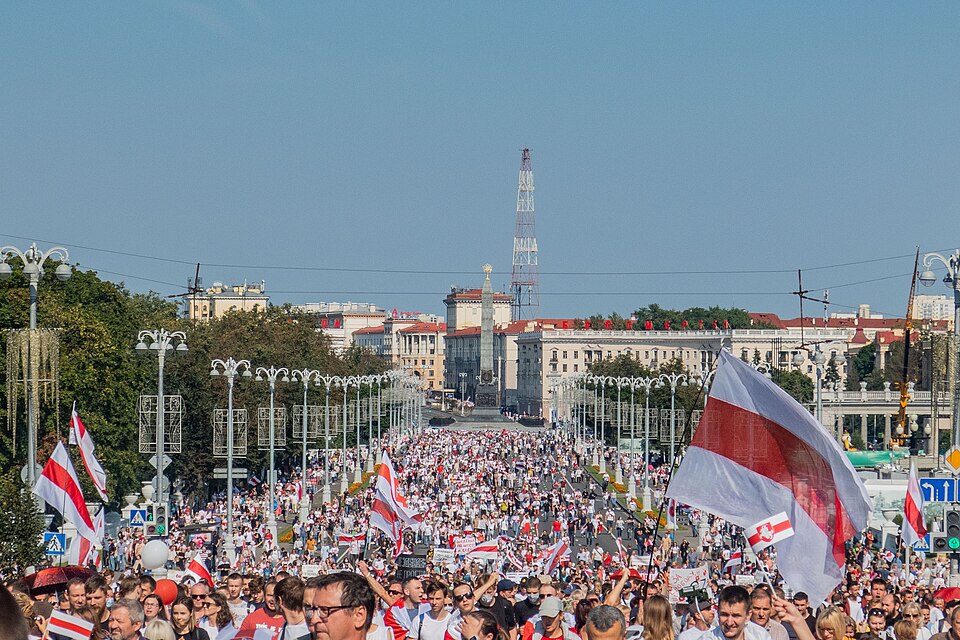
The European Parliament has renewed its call for unwavering support to Belarusian democratic movements, condemning the ongoing repression under the
Lukashenka regime and highlighting growing security risks linked to Russia’s influence in Belarus.
Condemnation of repression and demand for release of political prisoners
In a resolution adopted on Wednesday, Members of the European Parliament (MEPs) strongly denounced the widespread human rights violations in Belarus. They demanded the immediate release of all political prisoners, as well as compensation and full restoration of their rights. MEPs also criticised the regime’s manipulation of the judiciary and law enforcement to silence dissent.
Lukashenka deemed illegitimate
Parliament reaffirmed that Aliaksandr Lukashenka is not the legitimate president of Belarus, expressing continued support for democratic forces led by Sviatlana Tsikhanouskaya. Lawmakers cited extensive evidence suggesting that Tsikhanouskaya was the rightful winner of the 2020 presidential election, which the regime unlawfully overturned.
The resolution urges the EU to provide political, financial, and security assistance to the opposition and to coordinate with international partners on a non-recognition policy for the Lukashenka government. MEPs also called for the formal inclusion of Belarusian democratic representatives in international forums such as the Council of Europe, OSCE, and NATO parliamentary assemblies.
Call for free and fair elections
The Parliament stressed that new, free, and fair elections must be organised under international supervision, noting that no vote held under current conditions can meet democratic standards. MEPs also warned that Lukashenka has repeatedly used political prisoners as bargaining chips in negotiations with Western countries.
Support for civil society and accountability for human rights violations
MEPs called for greater EU support to Belarusian civil society, independent media, students, and exiled professionals through visas, scholarships, grants, and protective measures. They condemned attacks on journalists, online censorship, and the suppression of independent media, urging the EU to provide long-term, systemic funding for media freedom initiatives.
The resolution also calls for urgent measures to counter transnational repression, including the misuse of Interpol, and demands protection for Belarusians living in exile. The EU and its member states should continue investigating human rights abuses and crimes against humanity in Belarus and work toward holding perpetrators accountable through international courts.
Belarus’s role in Russia’s war against Ukraine
MEPs condemned the Lukashenka regime’s complicity in Russia’s war against Ukraine, expressing alarm at Moscow’s expanding military presence and the deployment of nuclear-capable weapons systems in Belarus, which they say pose a grave threat to European security.
The Parliament urged the EU to strengthen sanctions against individuals and entities involved in repression, war collaboration, or sanctions evasion. It also called for deeper investigations and dismantling of Belarusian and Russian spy networks operating within the EU and candidate countries, alongside stricter controls on Russian and Belarusian diplomats in the Schengen area.
The resolution passed with 458 votes in favour, 18 against, and 84 abstentions. Photo by Homoatrox, Wikimedia commons.



































